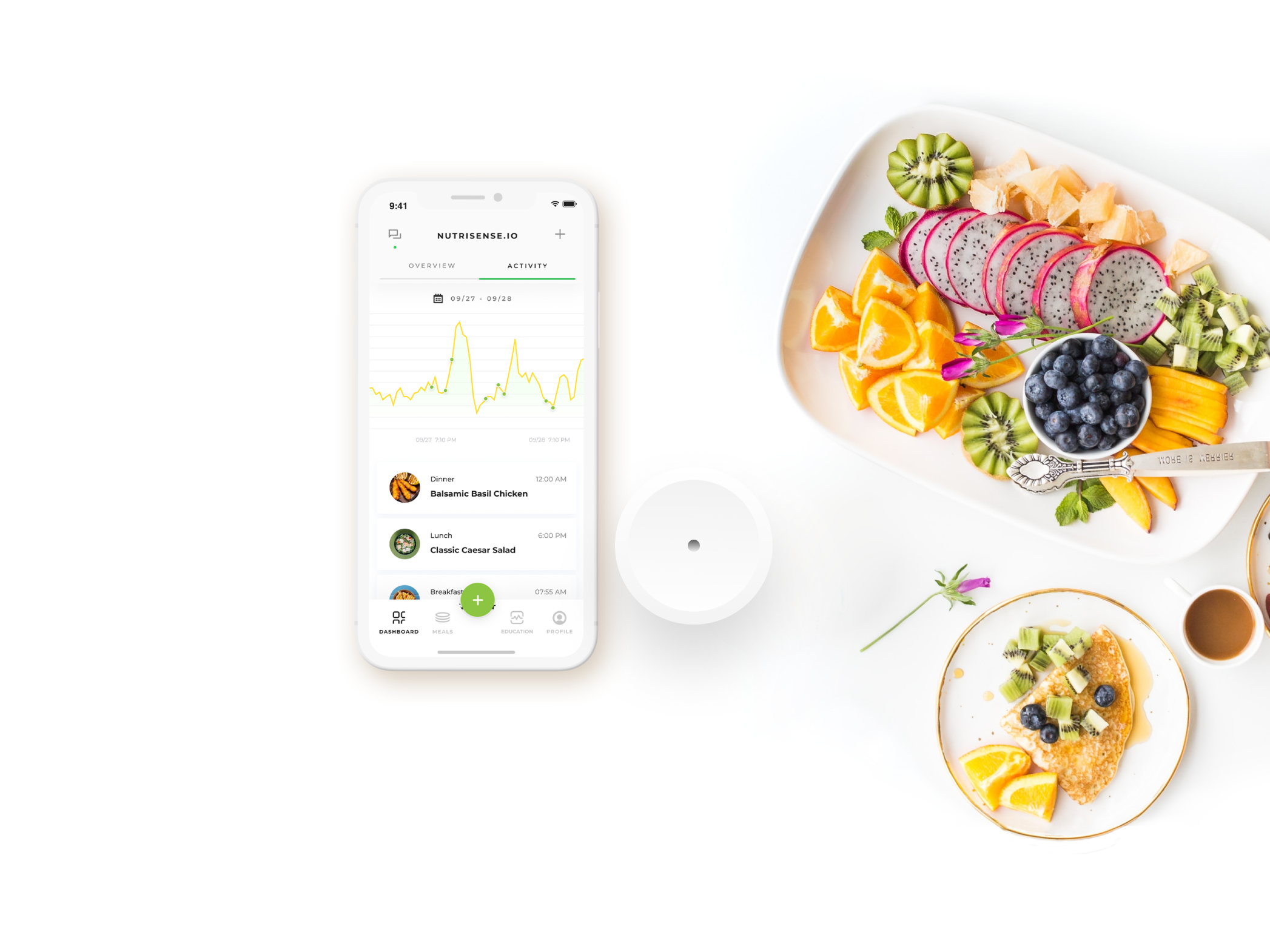If you haven’t noticed, we’re in the midst of a wellness craze, and it goes far beyond the latest fad diet. Type “self care” in a Google search and you will turn up 4.28 billion results in less than a second. Yes, that’s billion with a “B.” The top meditation apps pulled in $195 million in 2019, up 52 percent from 2018. And even this very platform, Thrive Global, was founded on the basis of burnout in today’s workforce and the need to improve overall well-being. (And it’s not the only media hub working wellness wonders — Gwenyth Paltrow’s Goop is valued at $250 million.)
Yet, despite all of this “wellness,” more than 70% of Americans are overweight or obese, nearly 40% are clinically obese, and obesity has more than tripled in the last six decades. What’s up with that?
The body is a complex organism and what you put into it matters — but that’s not all. It’s not so much about what you eat, but how your body consumes it. And while it’s not rocket science, we are learning that it’s more tricky than you think. More and more, science is pointing to the need for personalized nutrition. The idea that trendy diets are just that — trends — and what works for one person’s weight loss, may not work for another; diets should be individualized based on a variety of unique health factors.
Back in November of 2018, I wrote a short blog about the need for entrepreneurs to fuel themselves with the right food, pointing out the lack of wearables that provide meaningful data on personal “fuel levels.” At the time, the venture capitalist in me predicted that there would be a host of startups popping up in the category in the near future. Well, that time is starting to slowly emerge.
I’ve recently tried one on myself, testing NutriSense, a program that uses glucose sensors to provide data on how your body responds to different foods. The goal is to create a diet made specifically for your unique metabolism. The program pairs the user with trained dietitians for support and claims that “eliminating only 10% of foods from your diet can make 90% of the difference.”
So far, I’ve enjoyed my experience with the wearable and have gleaned some valuable insights. For instance, I’ve discovered foods that spike my blood sugar — tortillas, for one — as well as non-dietary triggers like stress. Stress, then, could be a major factor in contributing to weight gain for me. And based on past experience, it has been. During one of the most stressful periods of my life (recall, the airport collapse), I was also at my unhealthiest weight.
NutriSense is not the only company playing in the personalized nutrition space. Companies like Caura, Habit, Oviva, Viome, and Livongo are just a few of the many others popping up. And there won’t be a slow down anytime soon — the personalized nutrition industry is predicted to be a $64 billion market by 2040. Who wouldn’t like a piece of that market share?!
Going back to that idea that entrepreneurs need to be fueling their bodies with the right stuff, based on the above, we’ve learned that the “right” stuff will look different for everyone. That said, I do believe there are some healthy practices that are beneficial to all. Here are some of my tried-and-true favorites.
- Hydrate, hydrate, hydrate. How much water are drinking during the day? There’s a fairly high chance that it’s not enough. Water does so much for your body from transporting nutrients to curbing appetite and boosting energy. You should aim for about two liters per day. And if you’re bored with plain-jane water, reach for another hydrating low-cal option. I love green tea or flavored sparkling water in the afternoon.
- Eat your biggest meal earlier in the day. For me, it’s breakfast. Lately, there’s been a lot of talk about intermittent fasting, but I love a good breakfast that provides a big boost of energy to start my day. And even if you do choose to fast, you can still practice this habit — the point here is to save yourself from caloric overload at dinner so your digestive system is not taxed come bedtime. (This leads to poor sleep, and you know how I feel about sleep!)
- Opt for the fridge over the pantry. When that mid-afternoon hunger strikes, head to the fridge instead of the pantry. You’ll be more likely to choose healthy whole food options like fruits and veggies rather than processed junk food. Potato chips, you will not get the best of me.
- Count your cocktails. With various networking events and work happy hours taking place during the week, it’s easy to fall into the trap of drinking alcohol more often than you would spending the night in at home. I like to practice mindful indulgence, where I still enjoy an after-work drink with colleagues, friends, or family, but more thoughtfully. I am very aware of the impact alcohol has on my ability to recover — both in the gym and in the boardroom — and when I keep that in mind, I know when to stop or even say no.
While you may not be ready to jump on board with nutrition wearables, I do recommend that you start to pay attention to what you eat and how it fuels your body and mind (or fails to do so). This will ultimately allow you to optimize your diet and show up as your best self. You might be surprised at what you can accomplish when your body is performing optimally.

